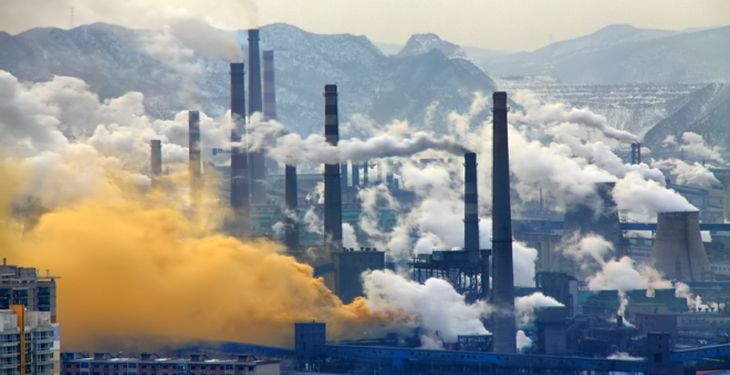The global rate of decarbonisation stood at 0.5% in 2021, the lowest level in a decade, as energy consumption and emissions increased by 5.5% compared to levels in 2020, the first year of the pandemic, according to the latest PwC Report – Net Zero Economy Index 2022, released ahead of COP27 in Egypt. In 2020, the carbon reduction rate was 2.5%, amid a 4.3% drop in global energy demand.
Developments in 2021 were influenced by increased economic activity amid the recovery from COVID-19. If the variation caused by the lockdown (in 2020) was excluded from the data, an overall decarbonisation rate of 3% would be observed in 2021 compared to 2019.
“The lifting of pandemic restrictions in 2021 was followed by a very much-needed recovery in economic activity, but this also meant a return to higher levels of carbon emissions. Rising energy prices and supply threats have fuelled an increase in demand for fossil fuels in the short term. Progress on decarbonisation has slowed despite commitments from governments, companies and investors, so more needs to be done to meet emission reduction targets on time. For example, the EU has announced that it will increase its emissions reduction targets for 2023, focusing on the deployment of renewable energy sources. The new REPower EU plan sets a target of 45% share of renewable energy in total consumption by 2030, while reducing energy consumption by 13%. Investments in renewable energy capacities are more welcome than ever, as a way to increase energy security and price stability,” said Dinu Bumbăcea, Country Managing Partner PwC Romania.
None of the G20 countries, which account for 80% of global GDP and around 80% of global emissions, has achieved a reduction of more than 5% in carbon intensity in 2021. Among G20 countries, the biggest improvement was 4.6%, well below the 15.2% decarbonisation rate currently needed to limit warming to 1.5°C according to The Paris Agreement.
Each country and sector will have its own decarbonisation pathway, focusing on changes to its unique energy mix and increasing efficiency, as well as other actions such as nature-based solutions and the use of technology, the report says.
Over the past 11 years, the PwC Net Zero Economy Index has modelled data on economic growth and energy-related CO2 emissions against the rates needed to meet the Paris Agreement targets.
The report tracks how economies are making progress in reducing the dependence between economic growth and carbon emissions.
